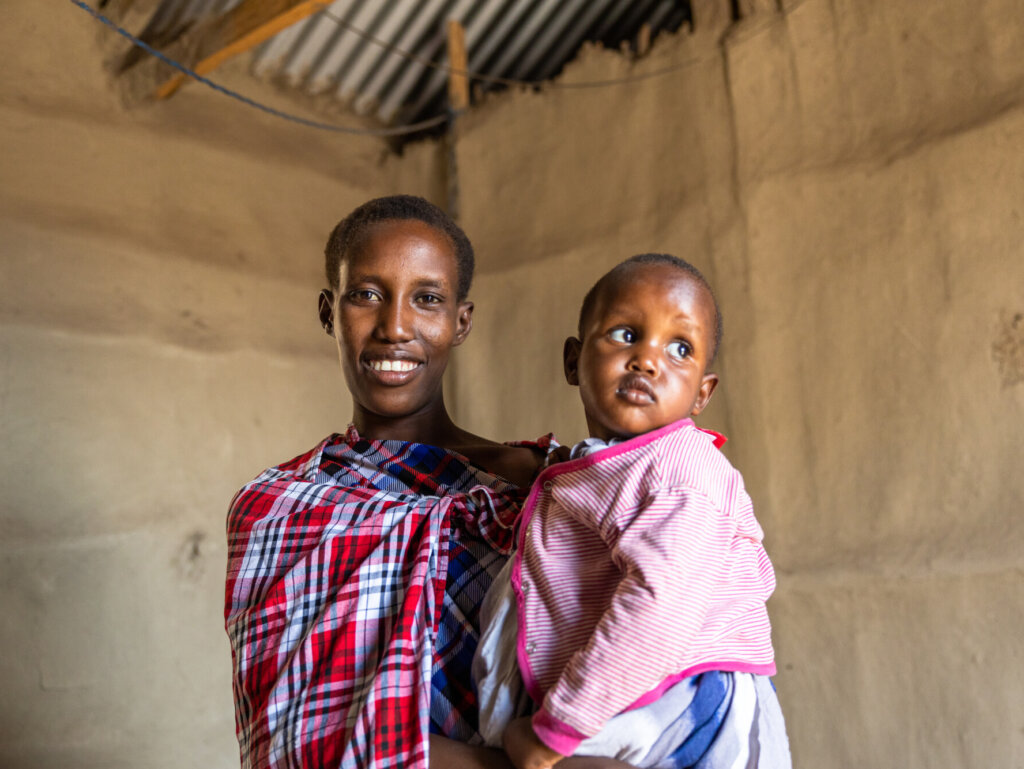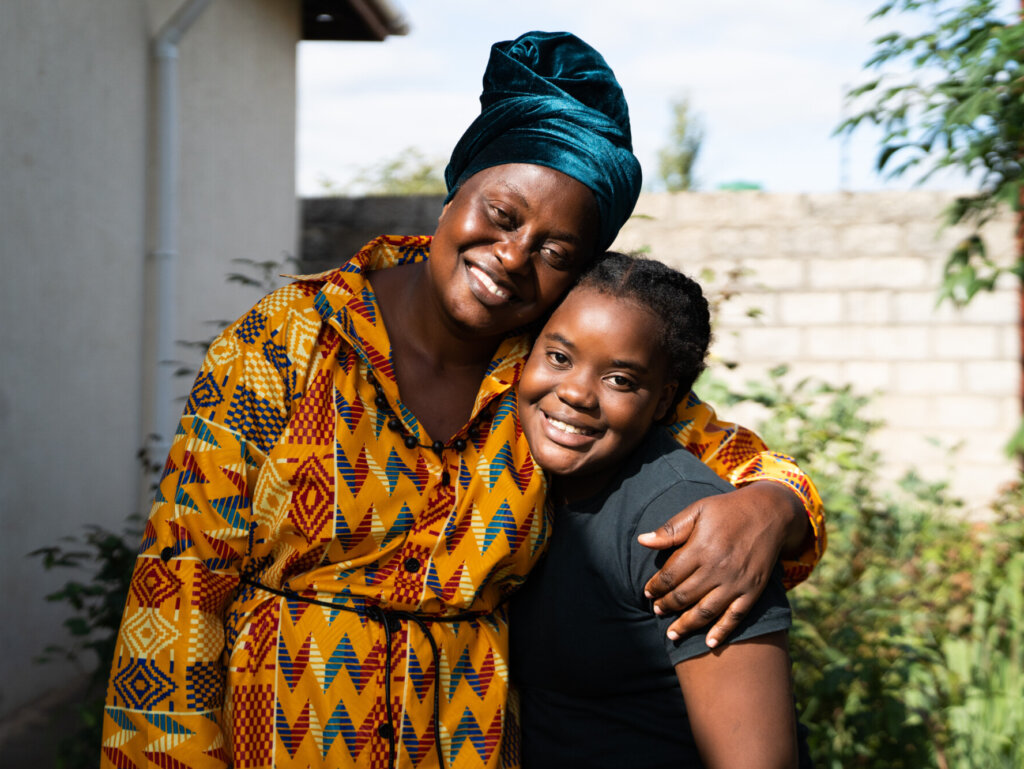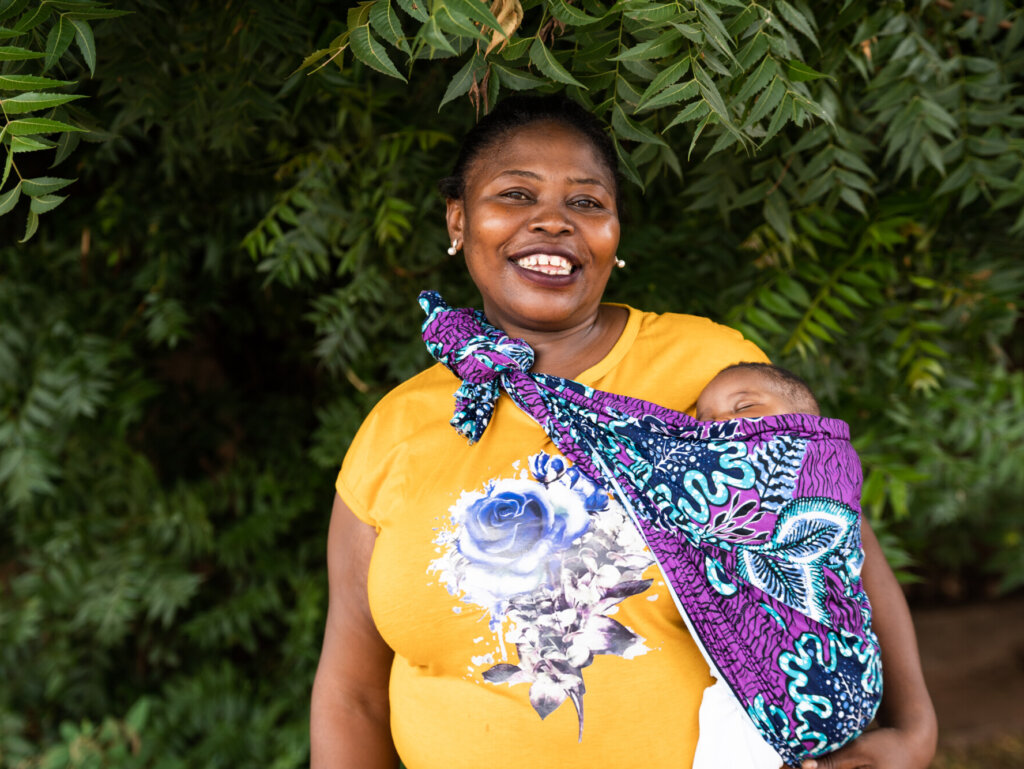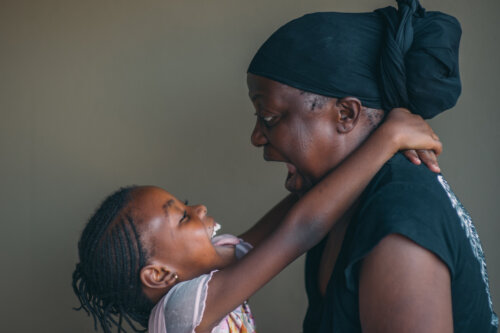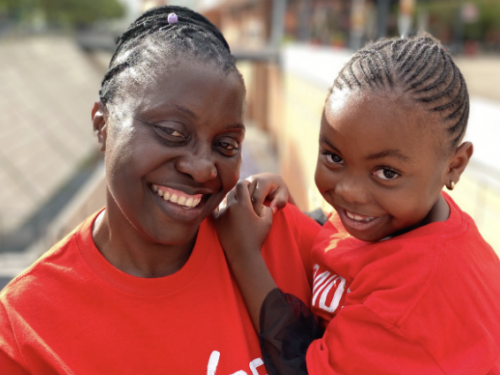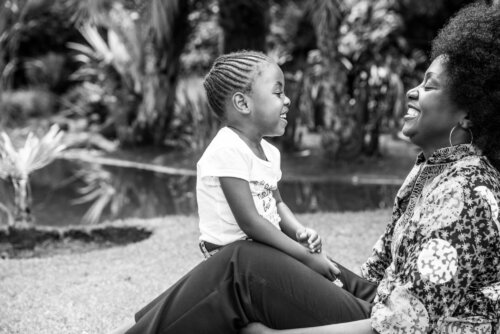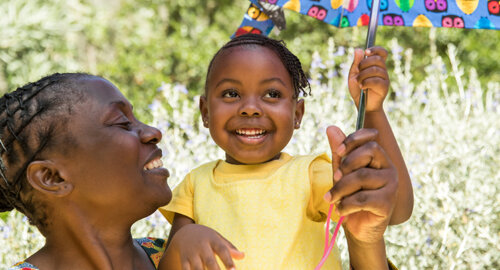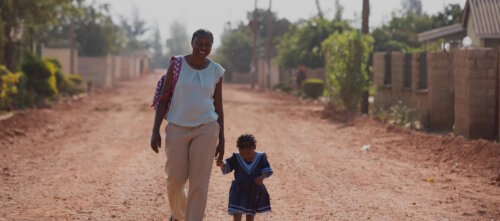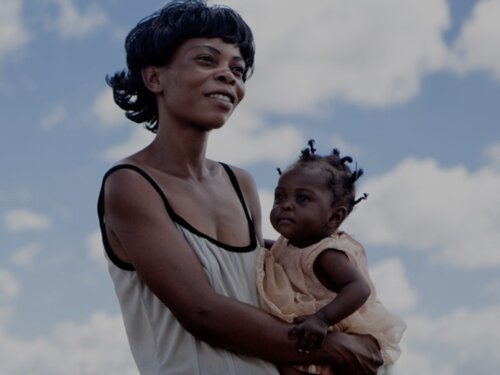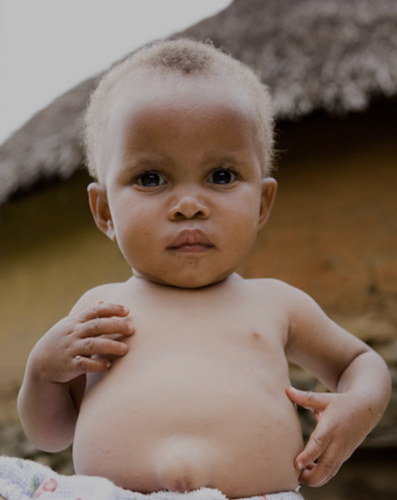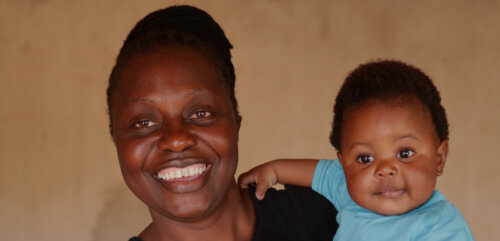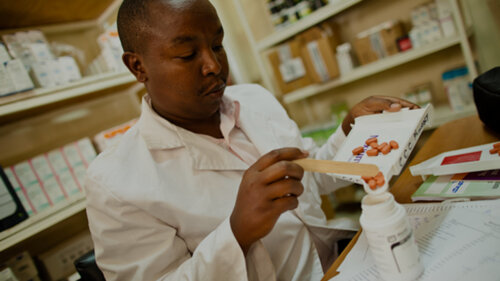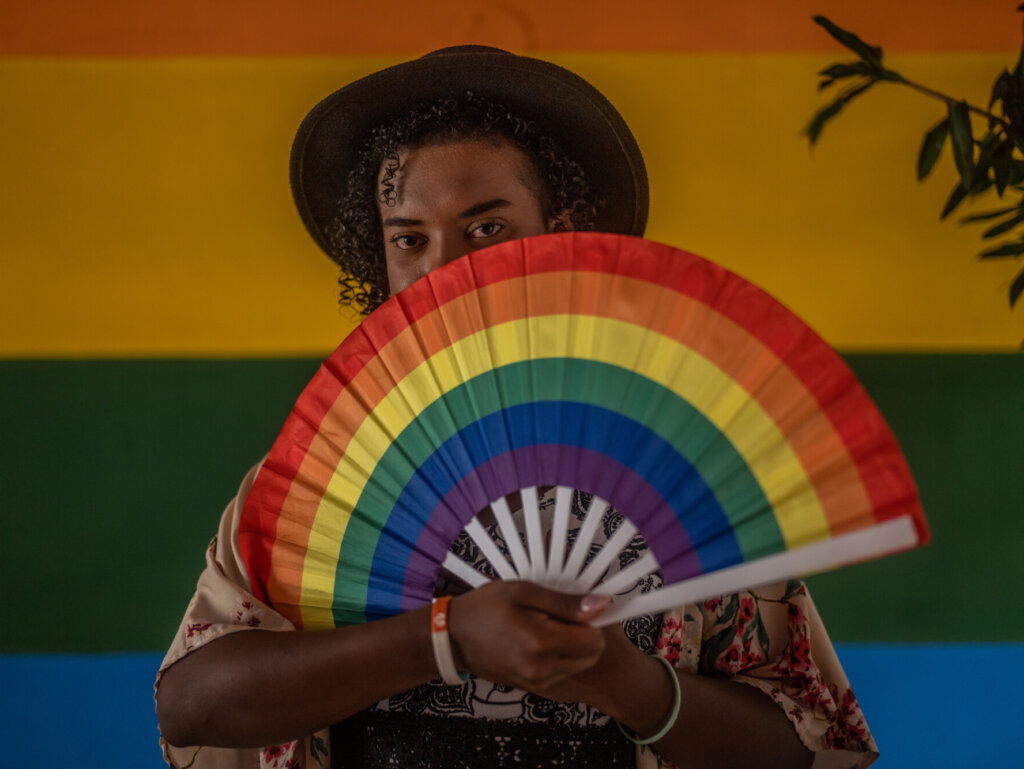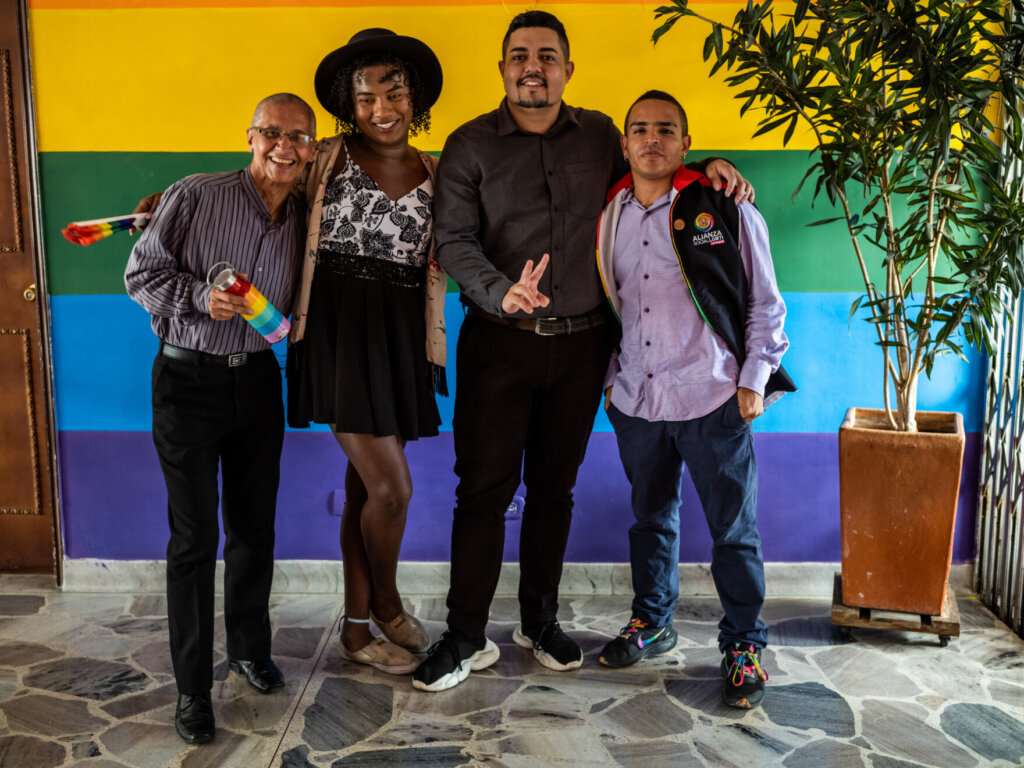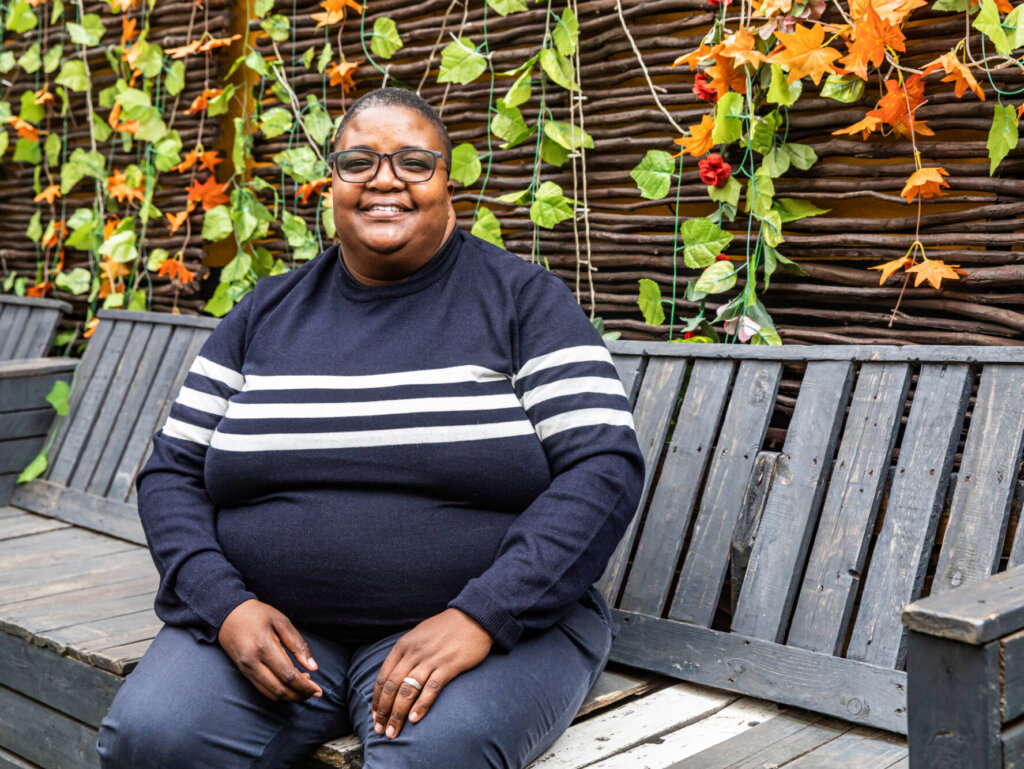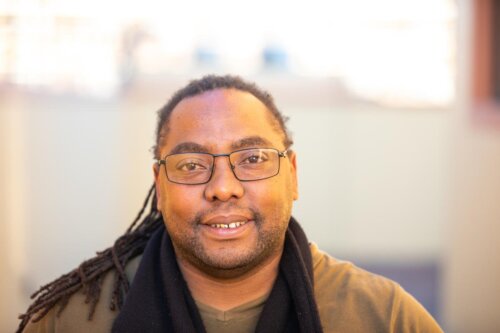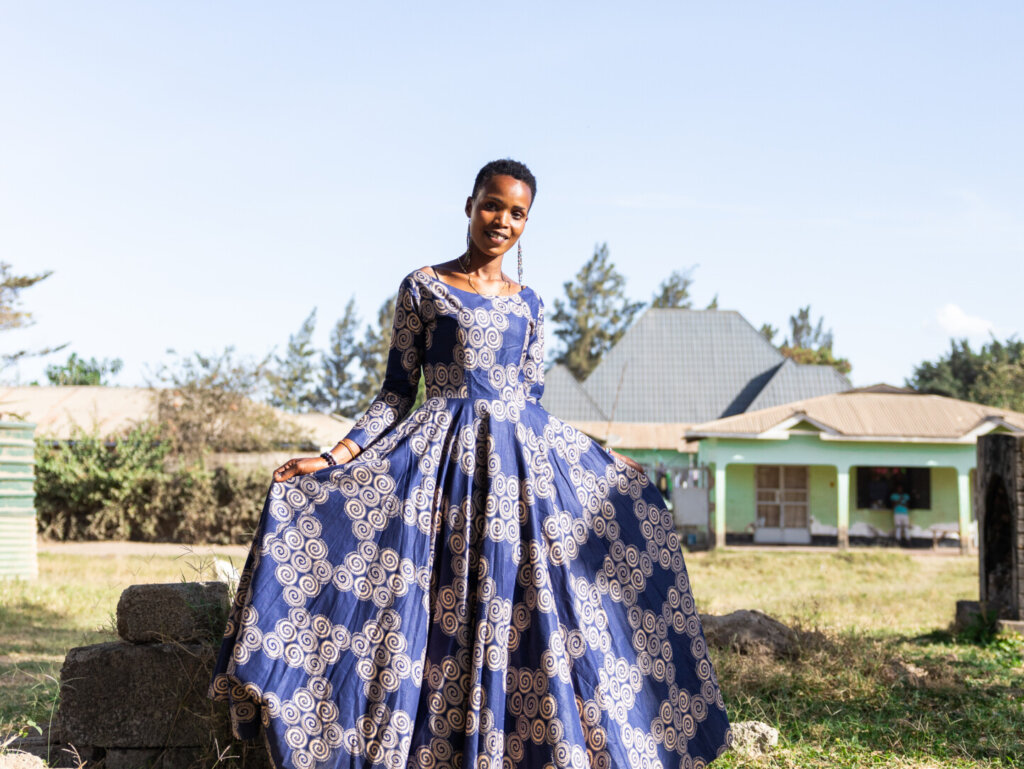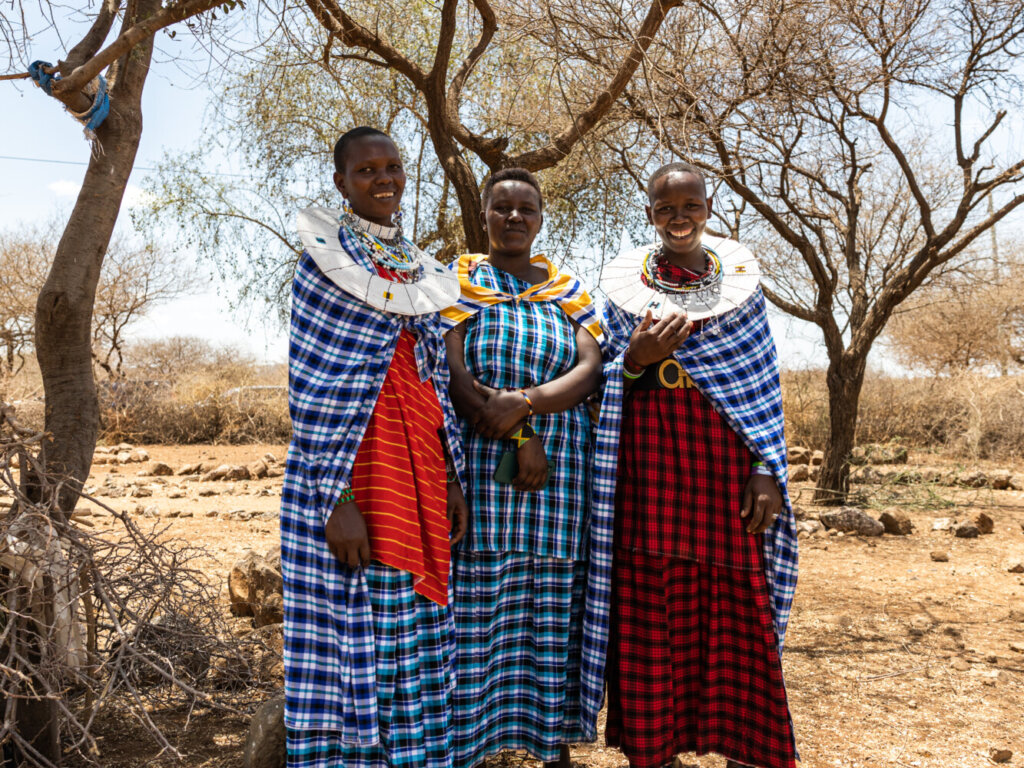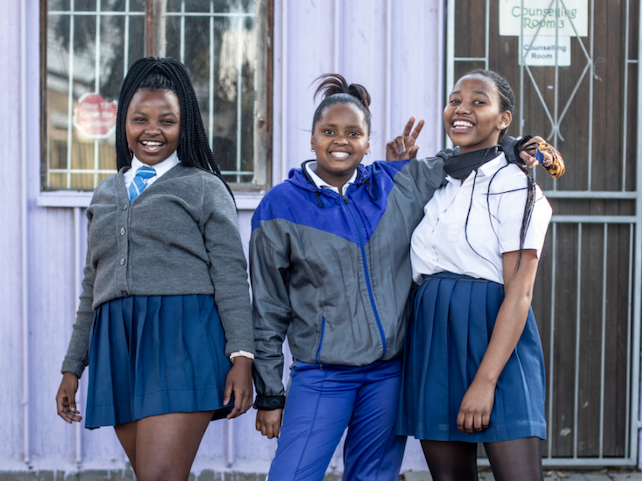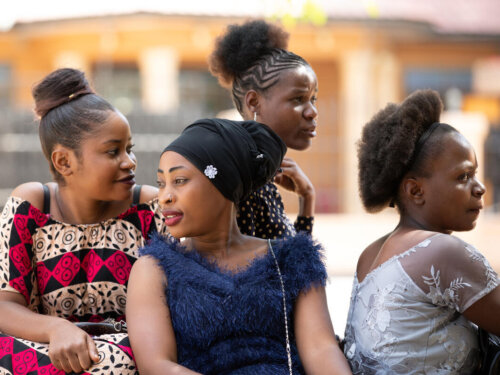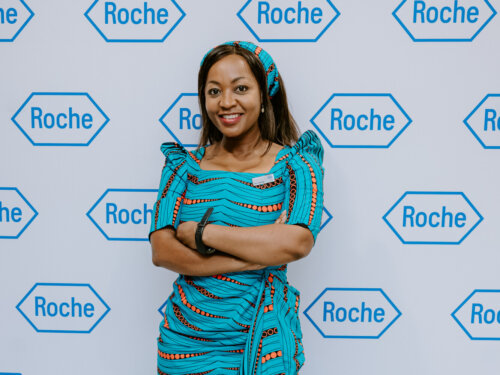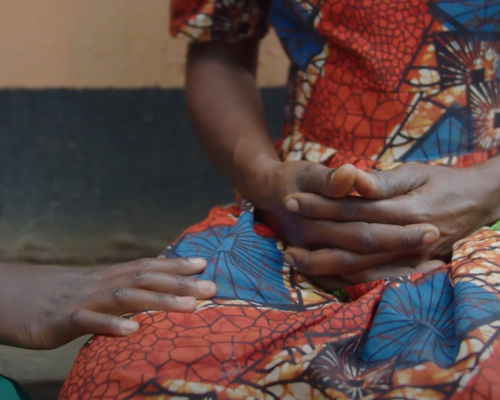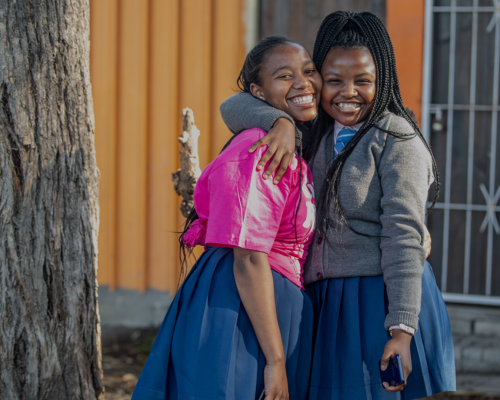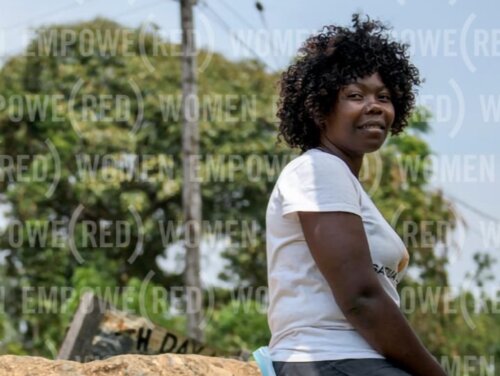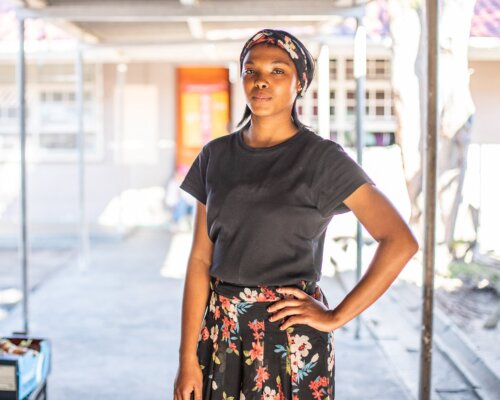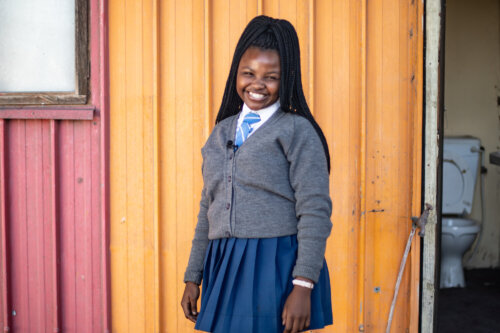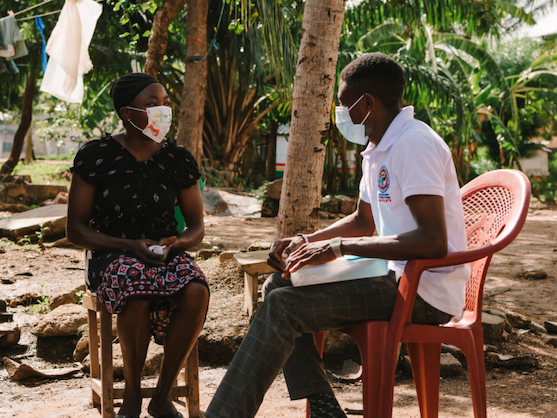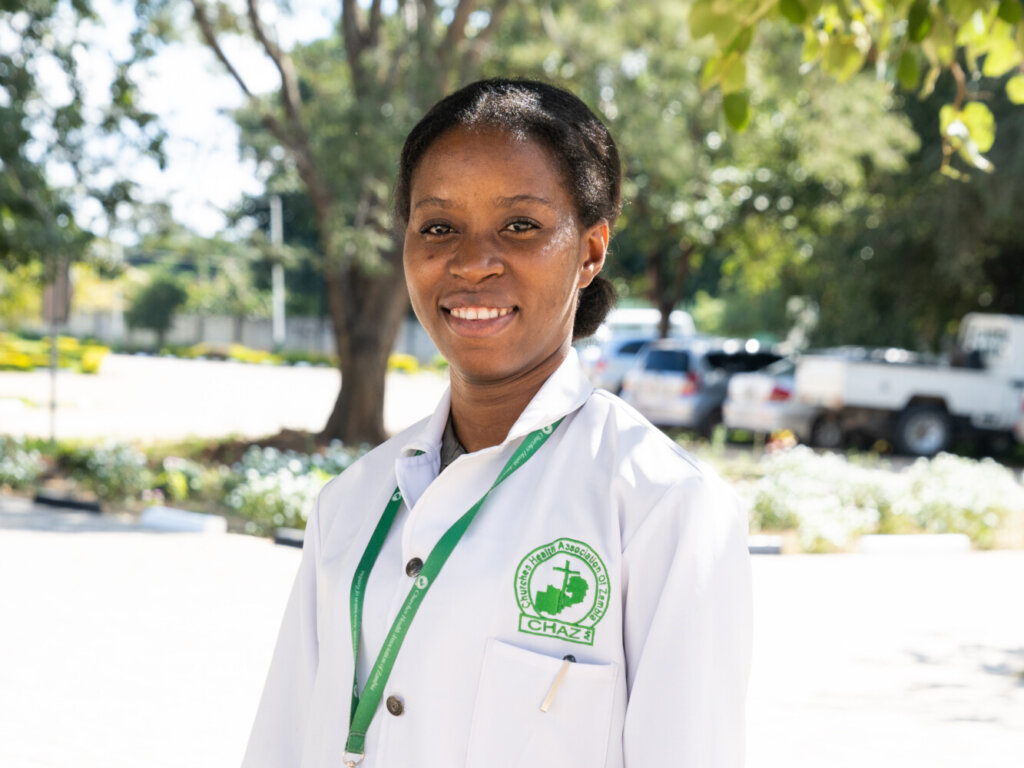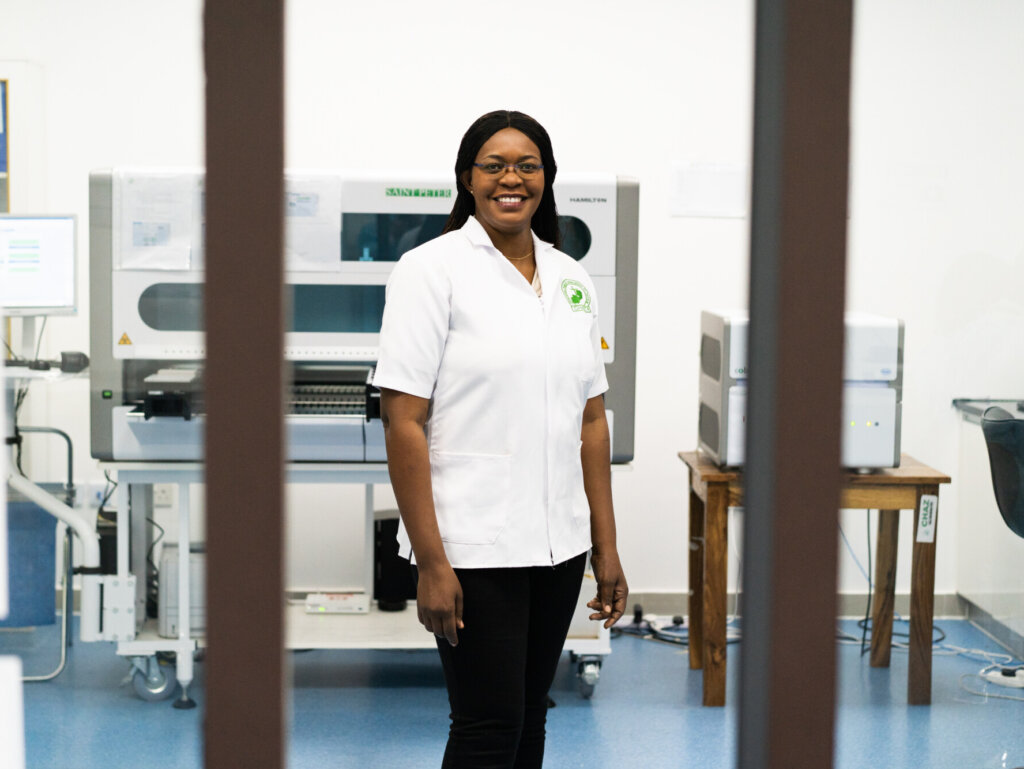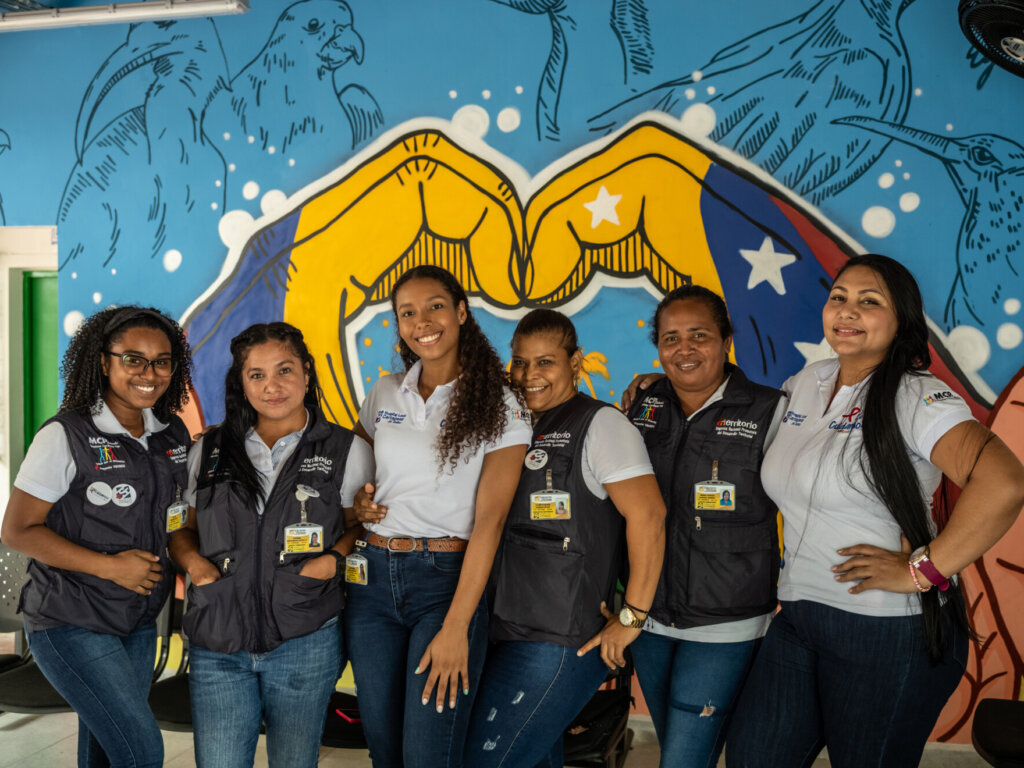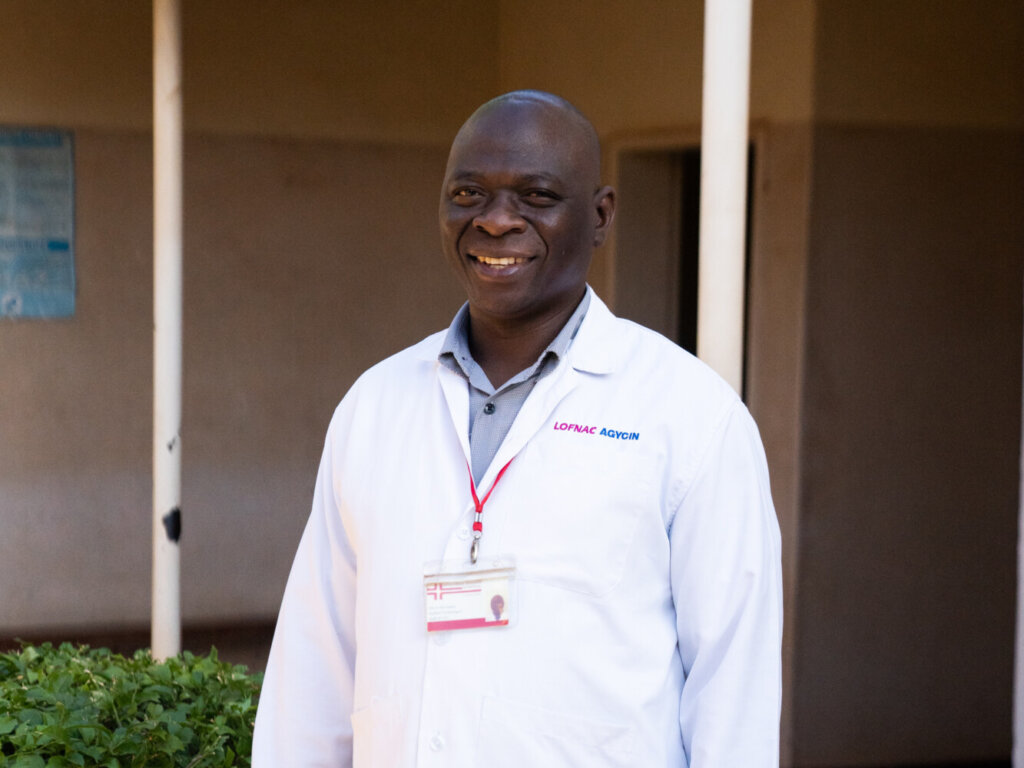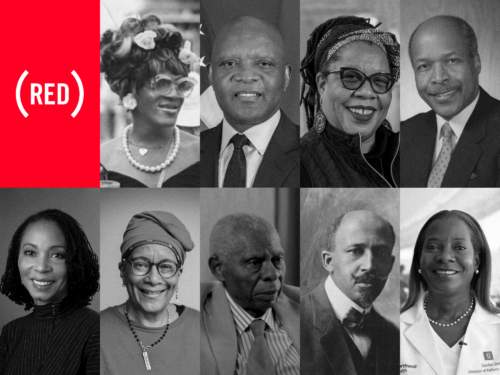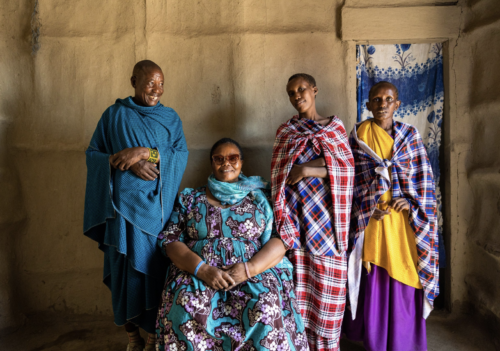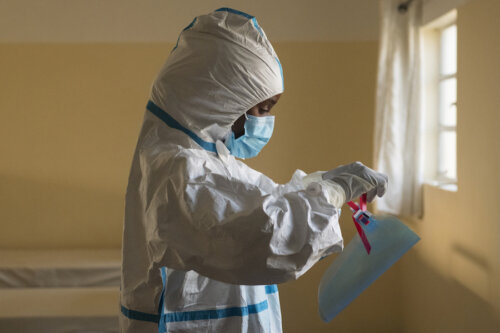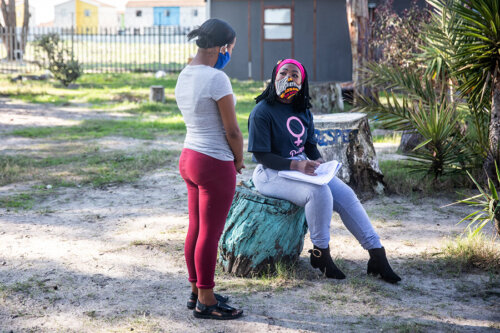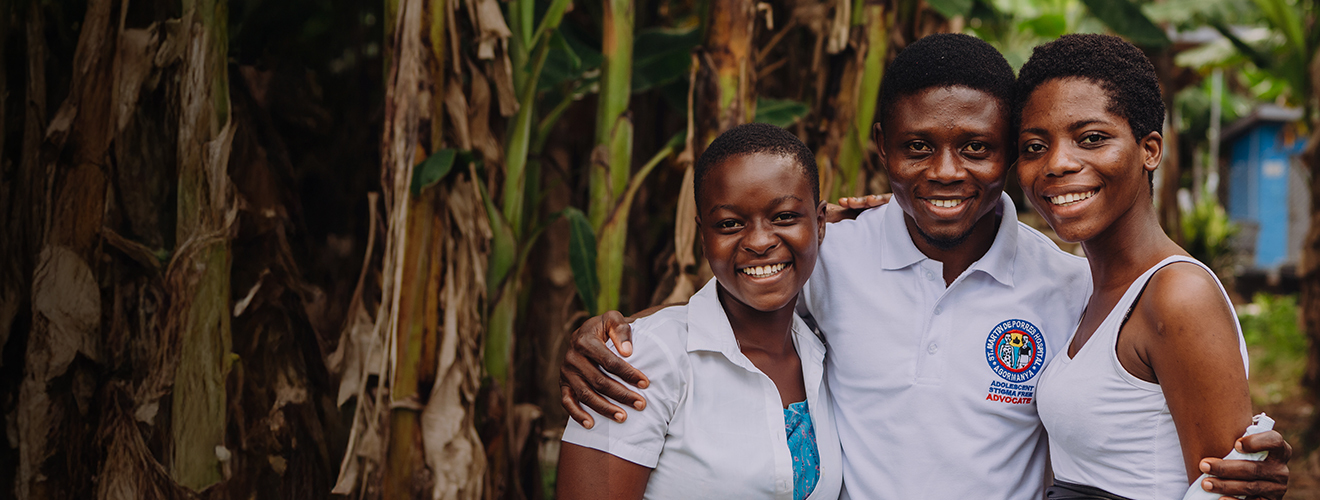
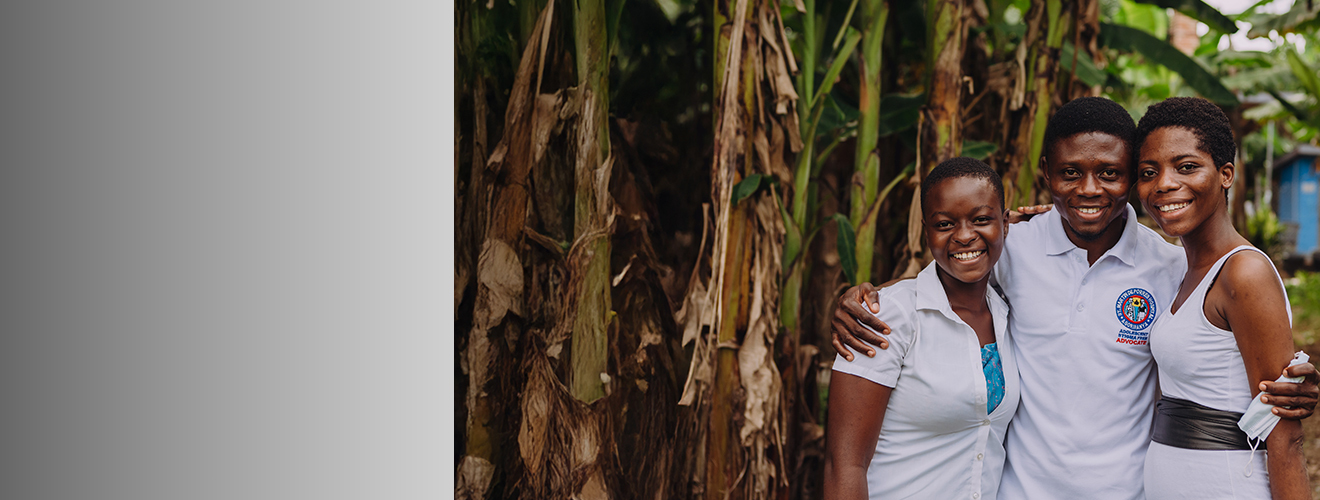
Our Impact
Since 2006, (RED) has generated over $800 million towards the Global Fund’s fight to end AIDS, and impacted over 350 million lives. (RED)-supported Global Fund grants help empower health workers and provide testing, treatment and care in places where injustice has enabled pandemics to thrive.
Our Focus Areas
Maternal Health
Without access to healthcare, HIV+ pregnant women are at risk of passing the virus on to their child. In 2022, nearly 82% of pregnant or breastfeeding women living with HIV were receiving antiretroviral therapy for prevention of mother-to-child transmission (PMTCT).
Antiretroviral drugs (ARVs) are used to prevent mother-to-child transmission of HIV and have been one of the most successful achievements in the HIV fight. (RED)-supported Global Fund grants work to expand access to ensure pregnant women have access to health education, HIV testing, and high-quality maternal and newborn care. Access to both PMTCT programs and ARVs is key to prevent mother-to-child transmission of HIV.
Related (RED)ITORIAL Posts
LGBTQIA+
LGBTQIA+ people are at heightened risk of contracting HIV and struggle to access treatment. Gay men are 11x more likely to contract HIV than heterosexual men.
LGBTQIA+ people face significant barriers to accessing prevention and treatment services due to social discrimination, risk of physical violence, and in some countries, imprisonment.
(RED)-supported Global Fund grants enable trusted community organizations to provide services in a safe environment so that LGBTQIA+ people have access to prevention, treatment, and care services. Progress on addressing these inequalities is closely monitored to understand gaps in service and involve affected communities as decision-makers and leaders.
Related (RED)ITORIAL Posts
Women & Girls
Women & girls are disproportionately at risk of contracting HIV. In sub-Saharan Africa, young women (15-24 years old) are 3 times as likely to contract HIV than men. Poverty, gender-based inequality, discrimination, and lack of access to sexual health education and services have led to a staggeringly high incidence of HIV in young women and girls.
(RED)-supported Global Fund grants help fund programs that equip women and girls with the skills and resources to make decisions about their own health. To address gender inequality holistically, boys and men are targeted with programs that encourage mindset and behavior change. Prevention practices such as education, PrEP medication, and contraception use are encouraged for women and girls who are HIV-negative but face an increased risk. For women living with HIV, (RED) and Global Fund-backed support groups help participants adhere to treatment and deal with social stigma.
Related (RED)ITORIAL Posts
Health Workers
Weak health systems and poor infrastructure make it harder to fight current and future diseases. In low-resource settings, funding for vital health services is limited, leaving health facilities without adequate supplies, trained health workers, or necessary infrastructure to best care for patients.
The Global Fund is the largest provider of grants for strengthening systems for health. This includes investments in improving procurement and supply chains, strengthening digital data systems, building a health workforce, improving disease diagnostics and surveillance, and promoting more integrated service delivery. Each of these investments not only help fight HIV but also build resilience against future diseases and pandemics.
